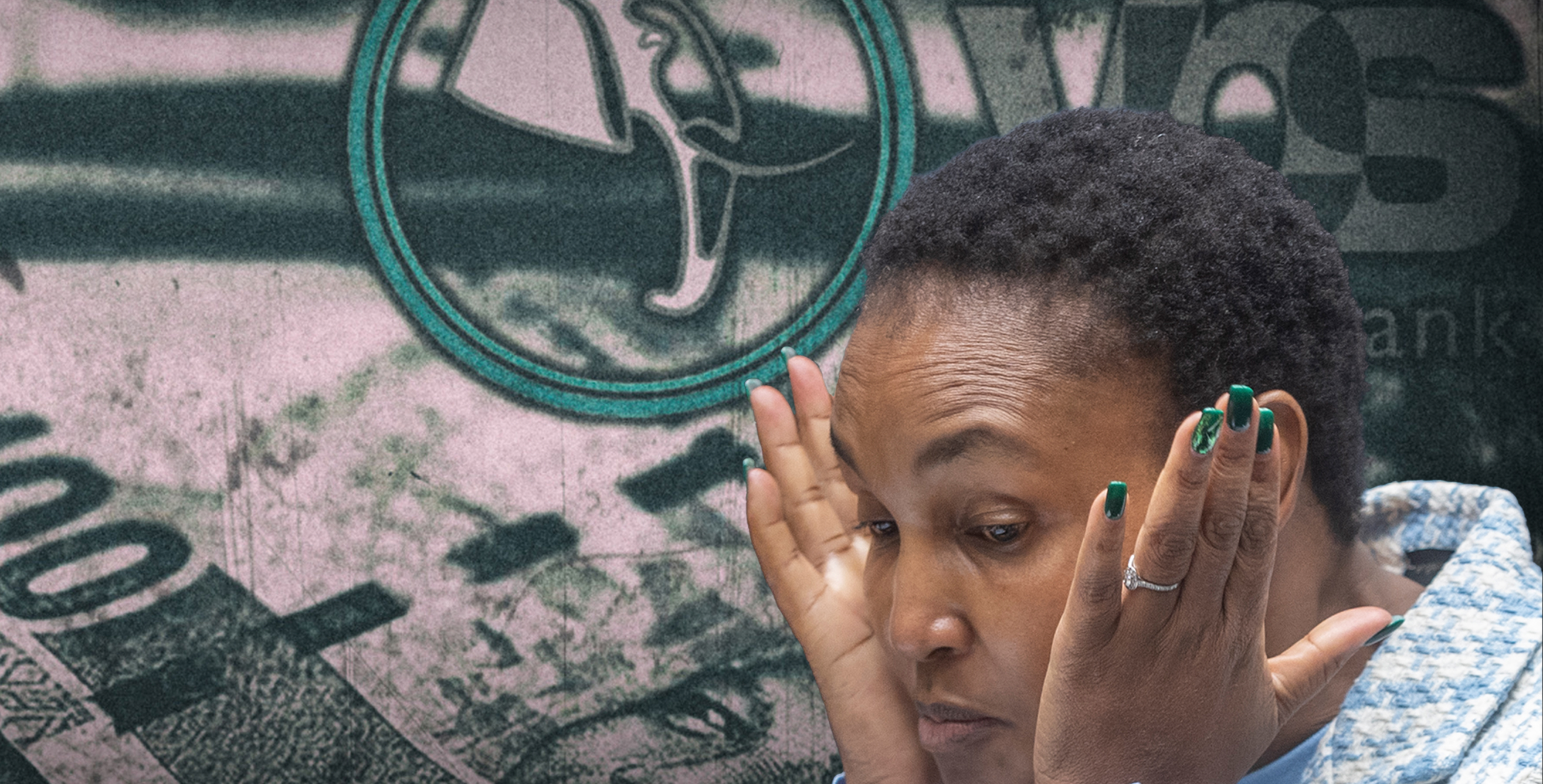While the minister of justice does not make prosecutorial decisions or legal findings in the way that the National Prosecuting Authority and judges do, it is a position that still holds immense power and influence.
The justice minister has the power to appoint acting judges, a power which has occasionally been used almost ruthlessly (after then NPA acting head Mokotedi Mpshe withdrew criminal charges against Jacob Zuma in 2009, he ended up as a kind of travelling acting judge).
The administration of the department and the courts also matters. It is because of the failings of the Justice Ministry that there is only one working courtroom in the town of Alice, for example.
And, as the Vusi Pikoli saga showed us in 2007, a justice minister can still play a critical role.
It was the then-minister Brigitte Mabandla, and officials in her department (and President Thabo Mbeki himself) who played a role in stopping Pikoli from prosecuting Jackie Selebi.
We’re talking about a position with real power.
At the same time, it appears that even people presumed to have clean records can suddenly have questions they need to answer.
Before the first reports emerged on Daily Maverick and News24 about Simelane’s “loan” of money originally from VBS Bank, no one had claimed publicly that she was guilty of wrongdoing.
At the same time, the claims of corruption around the ANC continue to emerge, largely because of the party’s spectacular failure to deal with people accused publicly of corruption and maladministration.
It may be worth repeating, again, that Malusi Gigaba, David Mahlobo and others still represent the party in Parliament. And that someone against whom much evidence has been published, Zweli Mkhize, still plays a role in the party’s leadership.
At the same time, the findings of the Zondo Commission, and the testimony that was heard, show how so many people in the ANC appear to be implicated. Such is the cynicism that now pervades our politics, some may feel that the current argument about whether the NPA should be given unfettered access to the Zondo Commission database is really about internal ANC politics. And that in fact there is really a power struggle involving potential evidence that could be used to fight internal battles.
It could almost be claimed that even if someone in the party could be found who appeared entirely spotless, just the fact they came from the ANC, which has seen so many implicated in so much wrongdoing, may render them unfit to hold the consequential power that the Justice Ministry brings with it.
Along with this could come another argument: that the real task of our criminal justice system is to prosecute those implicated by the Zondo Commission. This argument would then suggest that in fact no one from the ANC can be trusted to be the minister of justice during this time.
While it may seem unlikely at this moment that an ANC leader would consider appointing someone from outside the ANC to this position, in fact President Cyril Ramaphosa may find himself in a position where this would be the best option.
One of the problems the ANC has with voters is that it is not trusted to act against corruption. If he were able to say that someone from another party was now in this position, he could argue ahead of the local elections that his party is turning a new leaf.
And, if those who suggest there will never be one party that wins more than 50% of the national vote are correct, then perhaps the position of justice minister could assume a slightly different status.
For example, in Parliament there has long been a convention that the Standing Committee on Public Accounts should be chaired by someone from an opposition party.
While the ANC has often refused to allow the DA to chair this committee, usually someone from a smaller party has found themselves in this position. Currently it is occupied by the leader of Rise Mzansi, Songezo Zibi. His party is in the coalition but holds no position in the national Cabinet (while it does have one MEC position in Gauteng).
This may be a precedent for the position of justice minister, that it be occupied by someone who is not from the biggest party, especially if that party has as many skeletons as the ANC does currently.
This may be part of a much bigger process which is currently unfolding in our society, a process that sees power devolving to multiple decision-making entities or individuals. If it is the case that the minister of justice holds important power, then allowing another party to hold this position would be part of a bigger dynamic that sees power becoming more diffuse.
Of course, the key question would be which party would the ANC allow to hold this position?
It would seem unlikely they would give such a key position to a party which had a huge amount to gain, such as the DA. It would be a better strategic choice to give it to a party which was not a threat to the ANC. And preferably a party which was not competing in the ANC’s constituency.
There is another option open to the ANC to avoid this kind of debate, to ensure that this issue goes away entirely.
Which would be to replace Simelane with someone from the ANC who is seen to be utterly spotless, and who acts in a completely correct way.
It is such an indictment of the ANC at this moment that it seems no such person actually exists. DM
Politics
A non-ANC justice minister? A major step towards returning trust to government





